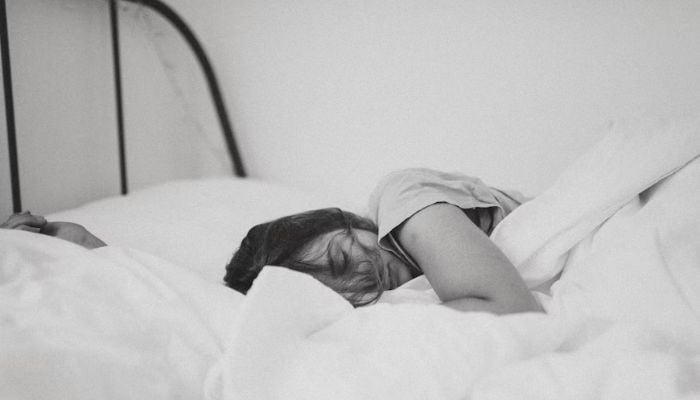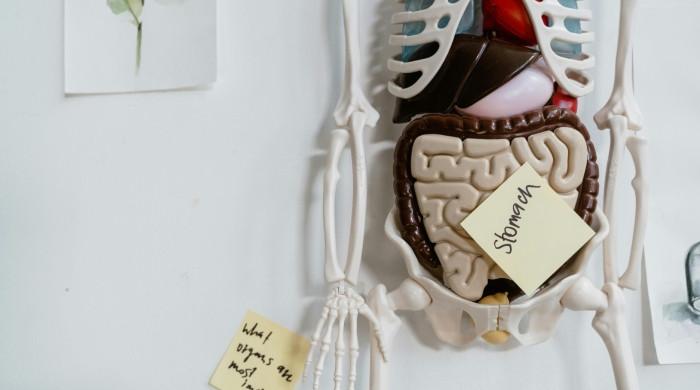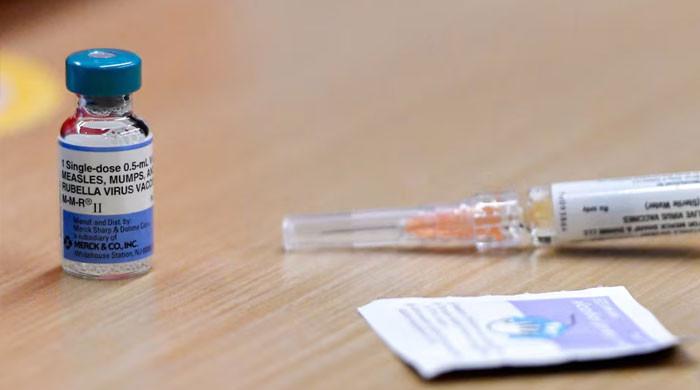GABA could be the next popular sleeping aid
GABA might be a good alternative for common sleep supplement melatonin
November 19, 2022

Sleep, which is a fundamental part of our daily lives, is a predictor of health. Prior studies have shown that more and more people struggle to get quality sleep. Studies have also shown that good sleep is crucial for good health. It affects appetite, mood, and even the immune system.
Sleep supplements and anti-anxiety pills have become common. The most common sleep supplement is melatonin which causes drowsiness. However, some have claimed that sleep supplements like melatonin can make them groggy and weak.
This is where gamma-aminobutyric acid (GABA) makes the entry. GABA is a neurotransmitter found naturally in the body. It can also be taken as a dietary supplement like caffeine and melatonin. While research is currently limited, smaller studies have shown that GABA could be a better alternative sleep aid than melatonin.
Studies have shown positive results proving that GABA could be used if one is unable to sleep.
What is GABA?
A neurotransmitter found in the brain, it is also present in some foods like soybeans and tomatoes.
Being an inhibitory neurotransmitter, it blocks chemical messages in the central nervous system and slows down brain activity. This means that GABA can boost calmness by regulating nerve cell hyperactivity especially when a person is feeling scared or worried.
GABA is mostly sold without prescription as a dietary supplement but it is always better to consult with a doctor who can guide you about the dosage.
The role of GABA as a sleep aid
Slowing the brain's activity, GABA can address anxiety, stress, and an overactive brain, all three things that disturb sleep or make it challenging to fall asleep.
Studies have associated low levels of GABA with sleep deprivation and insomnia. The neurotransmitter has calming effects and can bring the brain to a relaxed place where it can easily drift off to sleep.
However, there is no solid research that links GABA with quality of sleep. Some results have shown that it promotes sleepiness. A benefit is that it reportedly does not leave users feeling sleepy like other sleeping pills do.
How to take GABA
The dietary supplement can be taken as powder in the food. For best results, according to a few studies, it should be taken at least 30 minutes before bedtime.
Dosage is very important so it is crucial to consult with either the pharmacist or a doctor. A tip is to keep a record of sleep quality to see how the supplement is affecting you.
GABA is also found naturally in some foods like sourdough and kimchi which can be a source too.
Possible side effects
According to Sleep Foundation, there are no severe side effects of taking GABA in small doses. Some users have claimed it caused headaches and stomachaches. Very high levels can cause daytime drowsiness. Vulnerable groups like pregnant women, people with mental health disorders already taking medications, and those who take medicines for high BP should consult professionals.











